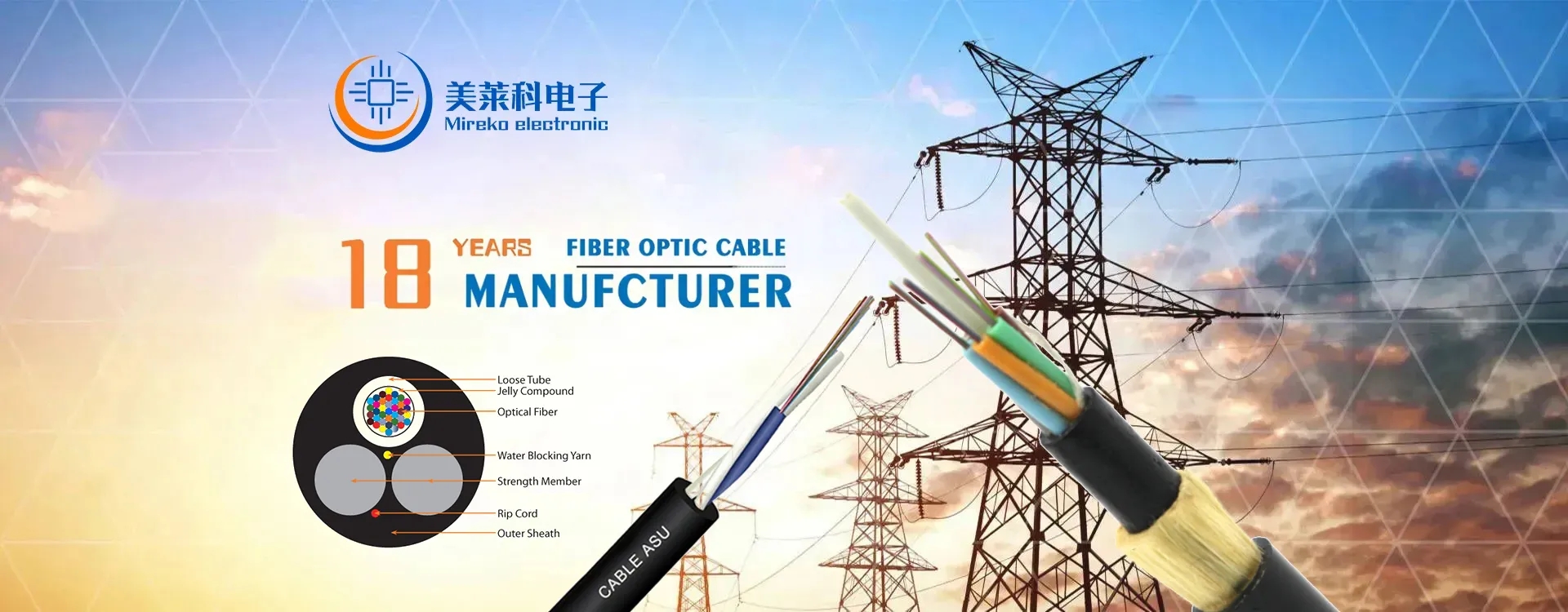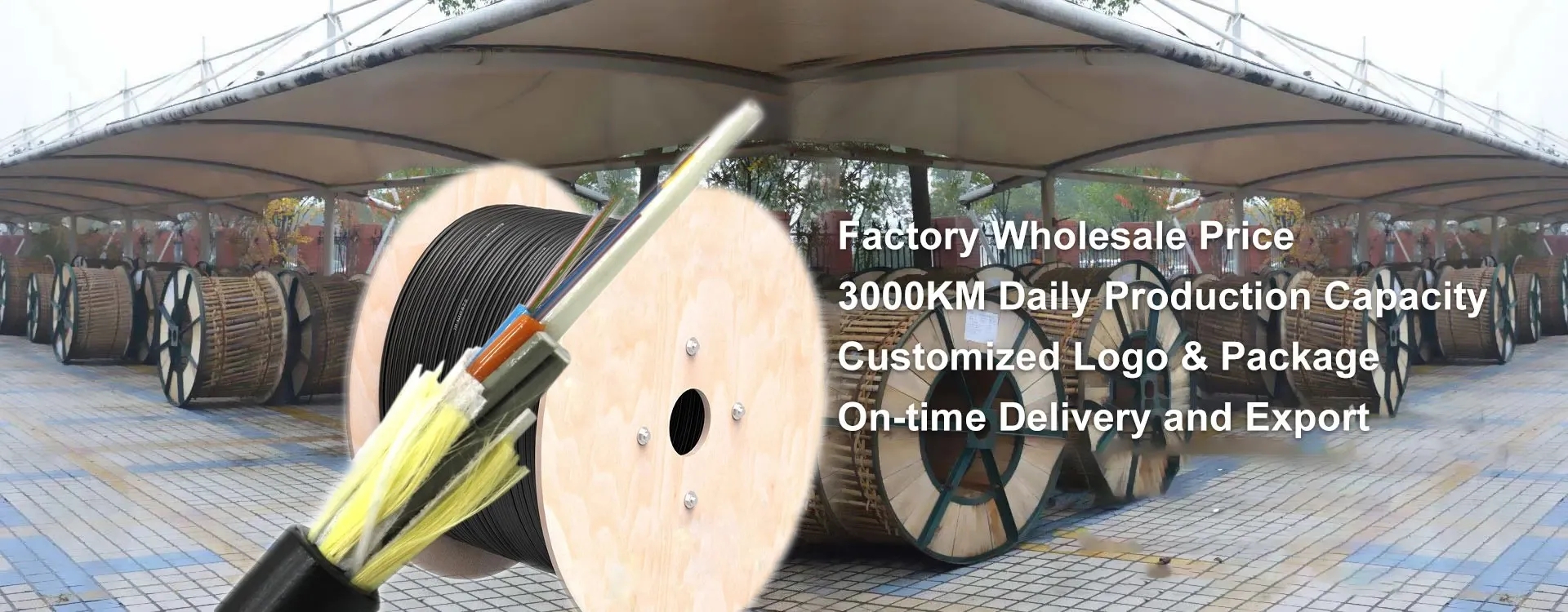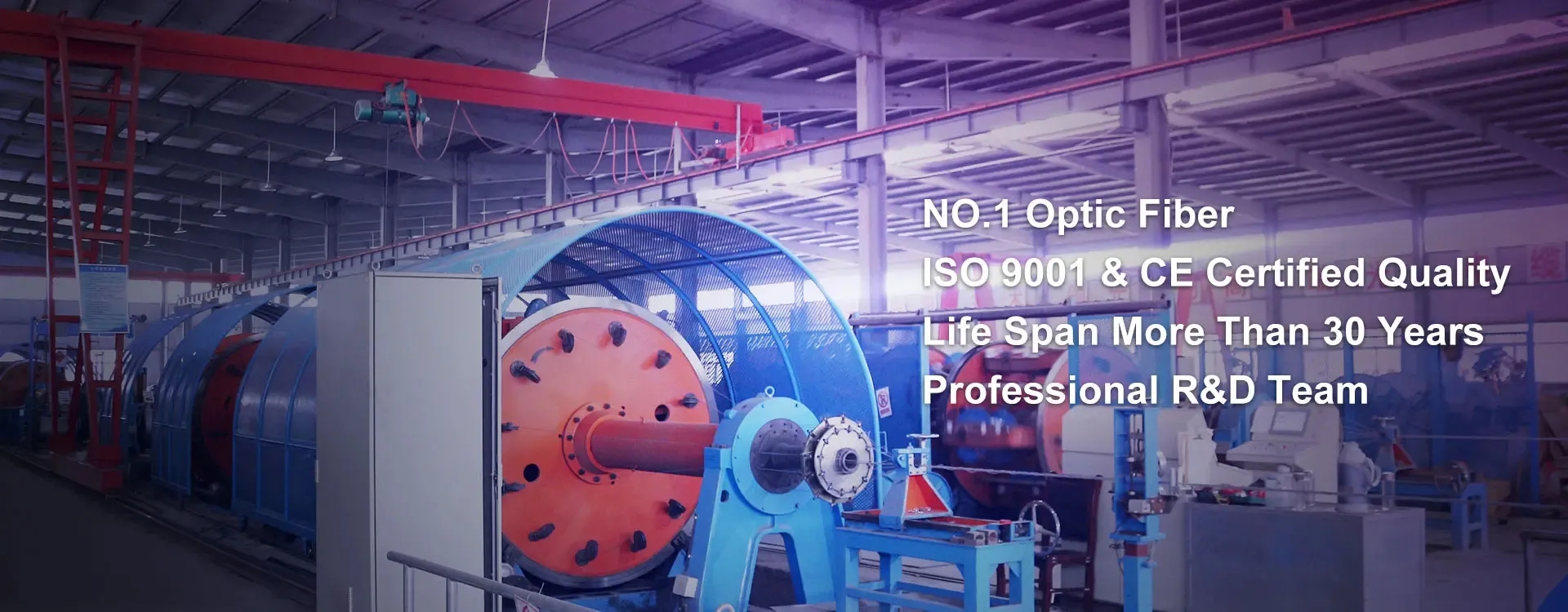GYXTW53 structure: "GY" outdoor fiber optic cable, "x" central bundled tube structure, "T" ointment filling, "W" steel tape longitudinally wrapped + PE polyethylene sheath with 2 parallel steel wires. "53" steel With armor + PE polyethylene sheath. Central bundled double-armoured and double-sheathed buried optical cable.
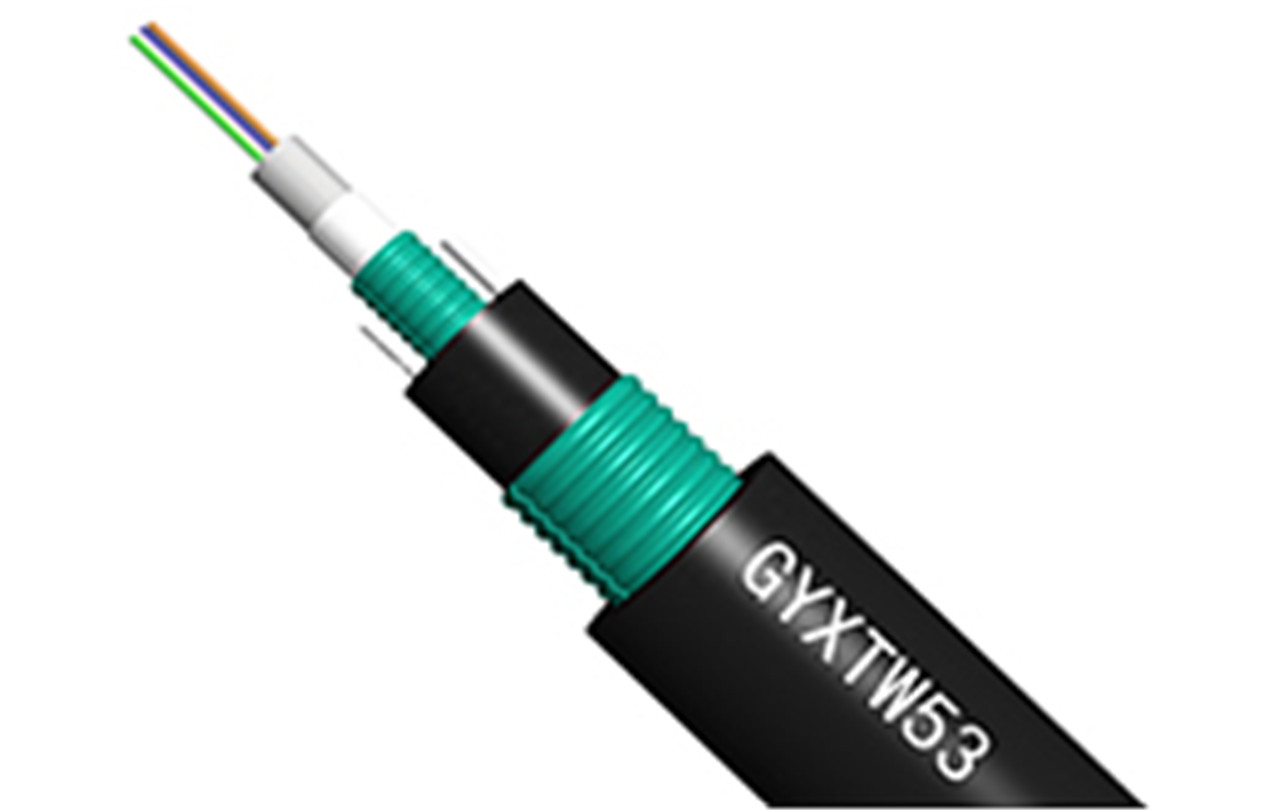
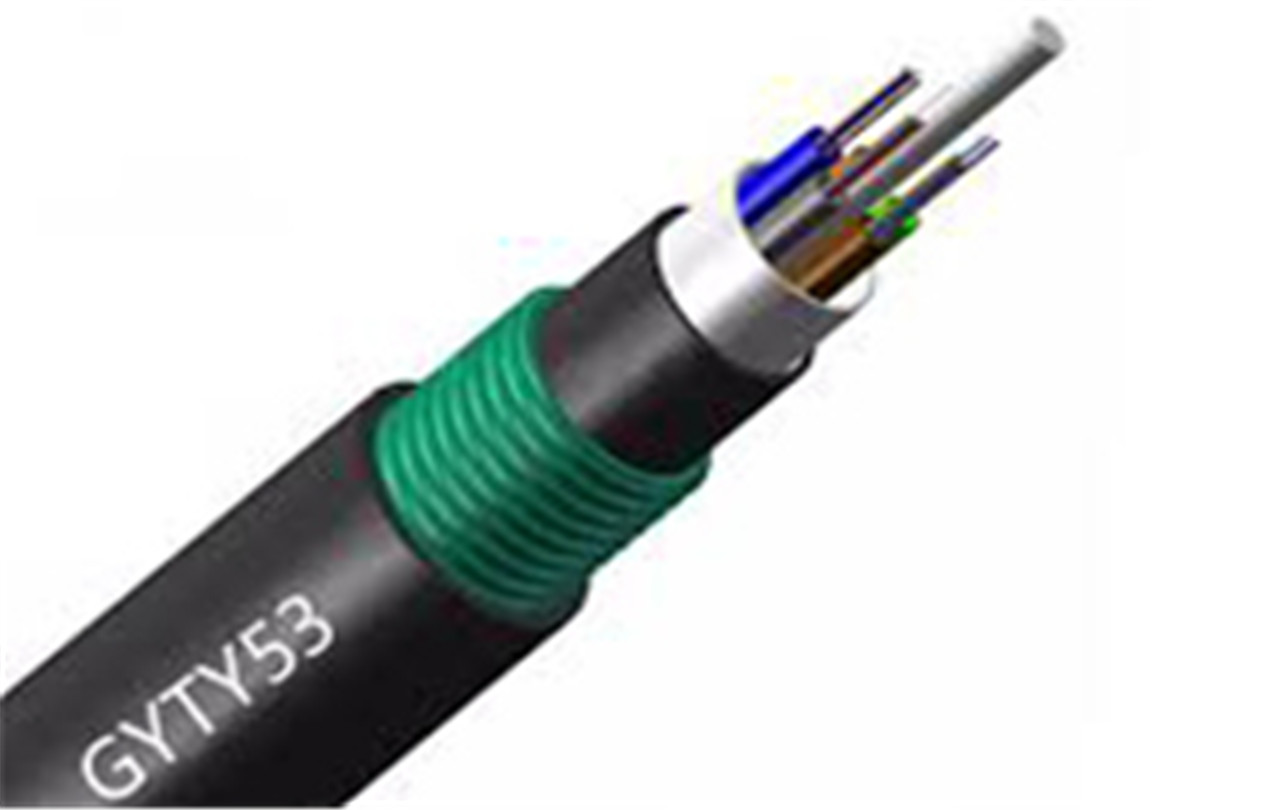
GYTY53 structure: layered structure, "GY" outdoor fiber optic cable, "T" ointment filling, "Y" PE polyethylene sheath. "53" steel tape armor + PE polyethylene sheath. Layer twisted structure single armored double sheathed buried optical cable.
GYTYA53 structure: layered structure GY" outdoor fiber optic cable, "T" ointment filling, "A" aluminum tape longitudinal wrap + PE polyethylene sheath. "53" steel tape armor + PE polyethylene sheath. Layer twist Type structure double armored double sheathed buried optical cable.
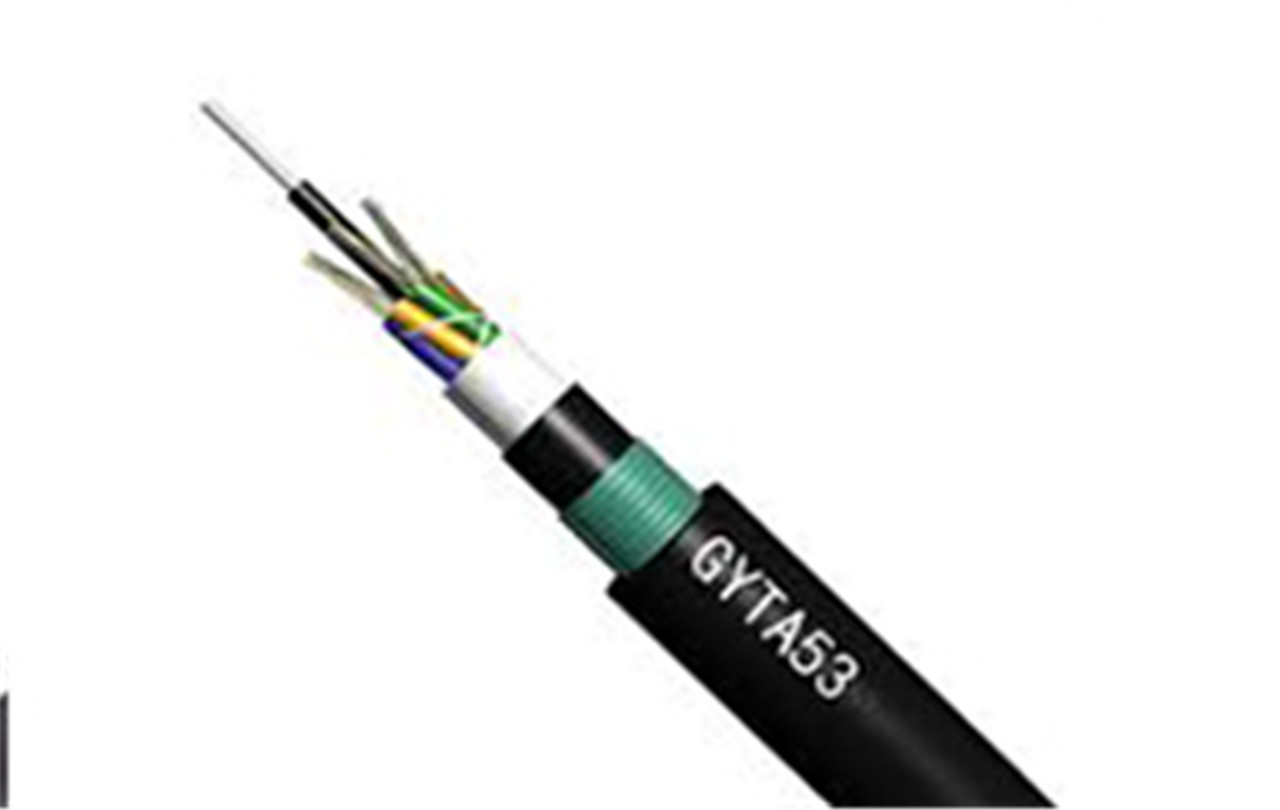
These three kinds of buried optical cables can be used for underground, pipeline, and direct burial, but the tensile performance and pressure resistance of GYXTW53 buried optical cables are not as strong as GYTY53 and GYTA53 optical cables. The wire diameter is also thinner than these two buried optical cables. Not suitable for direct burial and deep direct burial. GYTY53 buried optical cable is single-armoured and double-sheathed, and it is not as strong as GYTA53 optical cable, but in power plants and high-voltage environments, there are many places where GYTY53 buried optical cable is used. powerful. The performance of GYTA53 buried optical cable is stronger than GYXTW53 and GYTY53 optical cable in the environment of compressive resistance, tensile strength, compressive resistance, rodent proof and moisture proof.
These three kinds of buried optical cables mainly depend on the specific use environment and cost input of customers. If the customer does not have a specific model, our customer recommends it according to the customer's situation. The three types of buried optical cables, GYXTW53, GYTY53, and GYTA53, are suitable for the environment of buried pipelines, suitable for installation, operation and storage in the range of -40℃~+70℃.
Post time: Nov-02-2022

